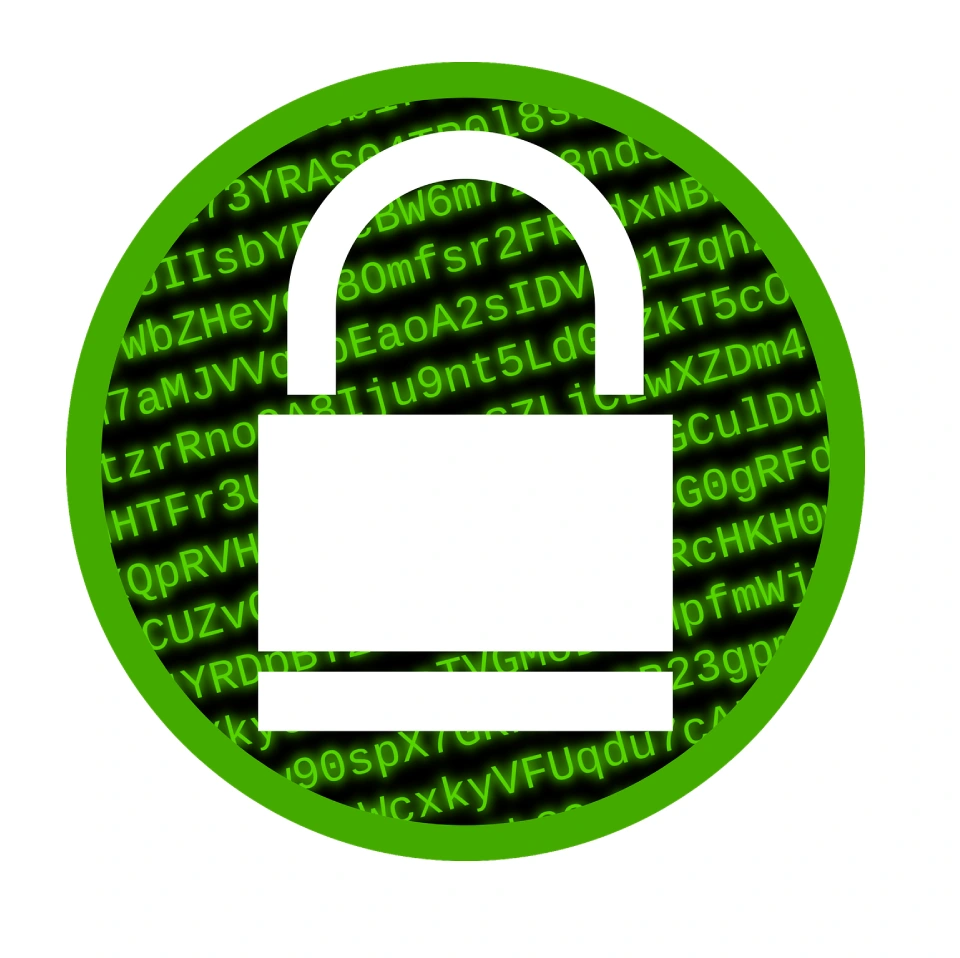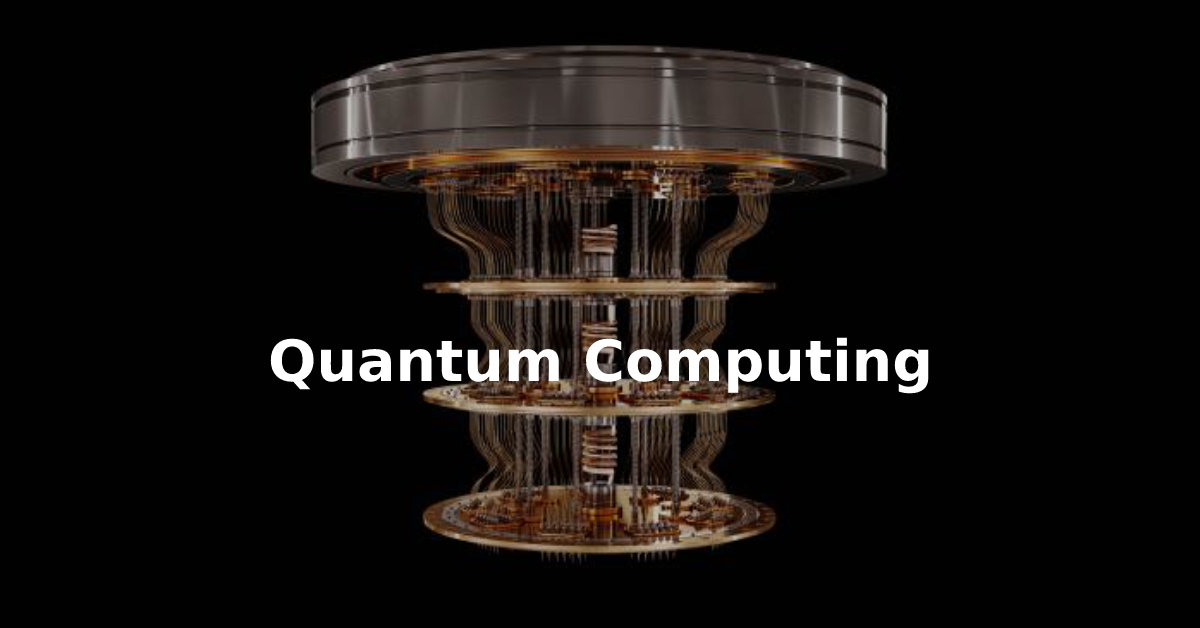The field of quantum mechanics, which governs the behaviour of matter and energy at the atomic and subatomic scales, provides the foundation for quantum computing. We are going to dive into the fascinating world of quantum mechanics in this article, and we’ll also talk about how it can be used to create computers that are much faster than conventional ones.
Have you ever thought about the operation of computers? Information is stored and processed using bits in conventional computers. Bits can either be 0 or 1. However, quantum computers use qubits, which can be both 0 and 1, Although it might appear to be magical, this is actually based on quantum mechanical principles.
Understanding some fundamental quantum mechanics concepts is crucial for understanding quantum computing.
Superposition
A qubit can have multiple states active at once, according to this definition. Accordingly, a quantum computer is much faster than a conventional computer because it can carry out multiple calculations at once. read more …
Entanglement
In order for the state of one qubit to affect the state of the other qubit, two qubits must be able to link together. This makes it possible to build the quantum circuits necessary to construct quantum computing. read more …
Measurement
Measurement in quantum mechanics is a delicate process that can change a qubit’s state. This is so that a qubit can only exist in one of two states 0 or 1 when it is being measured.
What is quantum computing?
Bits, which can only be 0 or 1 and are used by conventional computers to store and process data. On the other quantum computers use quantum bits (qubits), which may be both 0 and 1 simultaneously. They can now perform calculations a lot quicker than conventional computers because of this.
let’s compare “Classical Computing” and “Quantum Computing”
| Classical Computing | Quantum Computing |
| Uses bits to store and process information | Uses qubits to store and process information |
| Bits must be either 0 or 1 | Qubits have the ability to suppositionally be both 0 and 1. |
| Boolean logic is used for operations (AND, OR, NOT). | Quantum mechanics-based operations (measurement, unitary transforms) |
| can only perform one calculation at once. | can work in parallel to perform multiple calculations |
| Can be effectively simulated on a traditional computer | cannot be successfully simulated using a traditional computer. |
| Can solve some problems quickly (e.g., addition, multiplication) | can find quick solutions to some problems (like factoring big numbers). |
| Cannot solve some problems efficiently (e.g., travelling salesman problem) | able to solve specific problems effectively (such as Grover’s algorithm) |
| Attackable by quantum computers (e.g., RSA encryption) | can be used to develop encryption algorithms that are more secure (for example, quantum key distribution). |
How does quantum computing work?
The foundation of quantum computing is quantum mechanics, which describes how matter and energy behave at the atomic and subatomic scales.
Atoms or electrons, which are tiny particles, are used to create qubits. These particles’ spin and charge, for example, can be used to represent the numbers 0 and 1.
Quantum computers process many calculations simultaneously using a phenomenon known as superposition, in contrast to conventional computers, which process data in a linear fashion. As a result, calculations can be completed by a quantum computer much more quickly than by a conventional computer.
Quantum gates
In traditional computing, binary data is subjected to AND, OR, and NOT operations using logic gates. Quantum gates are used in quantum computing to carry out similar operations on qubits.
Quantum gates can execute numerous operations simultaneously due to the special characteristics of qubits. read more…
Cryogenic systems
The reality is that qubits are extremely sensitive to their surroundings .this is one of the problems with quantum computing. They can lose their quantum properties when exposed to even tiny variations in temperature or electromagnetic radiation. Cryogenic systems maintain the qubits at extremely low temperatures which are close to absolute zero. more detail…
Control electronics
Specialized control electronics are necessary for the operation of quantum computing. The signals needed to operate the quantum gates and read out the computation’s results are produced by these electronics. more detail…
What are certain uses for quantum computing?
- Cryptography, drug discovery, and materials science are just a few of the industries that quantum computing has the potential to revolutionize.
- Quantum computers may be able to break the encryption used to protect many sensitive communications and data currently. As a result, new encryption techniques that are resistant to attacks using quantum computing have been created.

- Quantum computing can simulate molecule behaviour and forecast interactions with other molecules in drug discovery. New drugs and treatments can be developed more quickly as a result.

- Quantum computing can be used in materials science to model the behaviour of atoms and molecules in materials. New materials with characteristics like superconductivity and increased strength may result from this.

What are some challenges of quantum computing?
- The problem of quantum decoherence is one of the main difficulties in quantum computing. Calculations become challenging when qubits behave like conventional bits and lose their quantum characteristics.
- The issue of error correction gives another difficulty. Errors can happen in quantum computers, and it can be challenging to fix them without affecting the qubits’ quantum characteristics.
- And lastly, to maintain the delicate quantum states of the qubits, quantum computers need specialized tools and settings. Due to this, scaling them up is costly and challenging.
In summary, we can say that Numerous aspects of our lives could completely change as a result of quantum computing. It is an interesting field that is rapidly developing. Worldwide research is ongoing to create new methods and tools that will aid in realizing the full potential of quantum computing.

